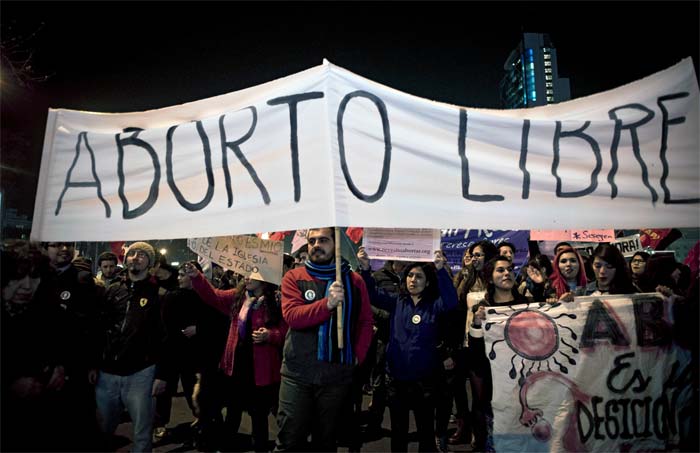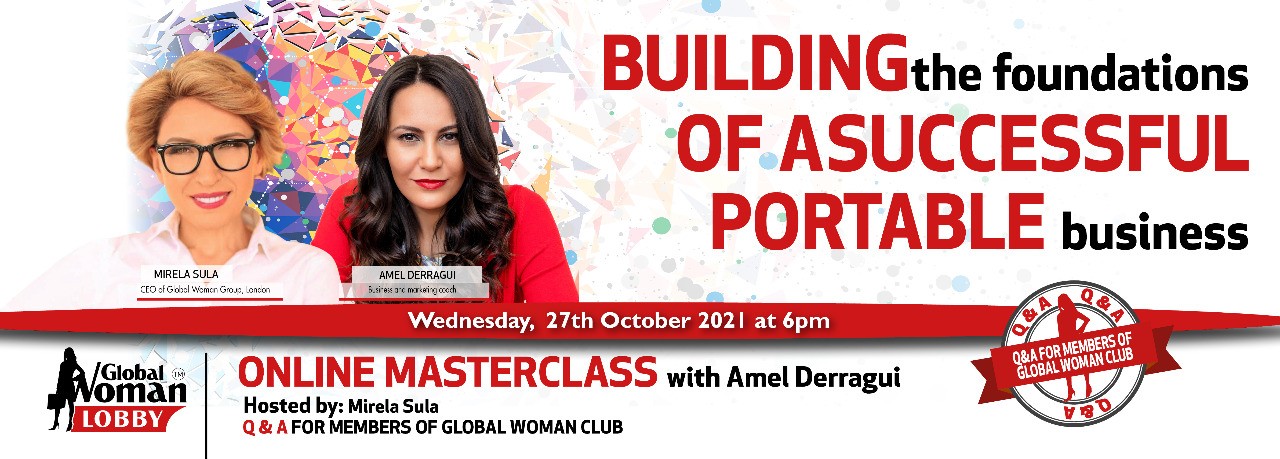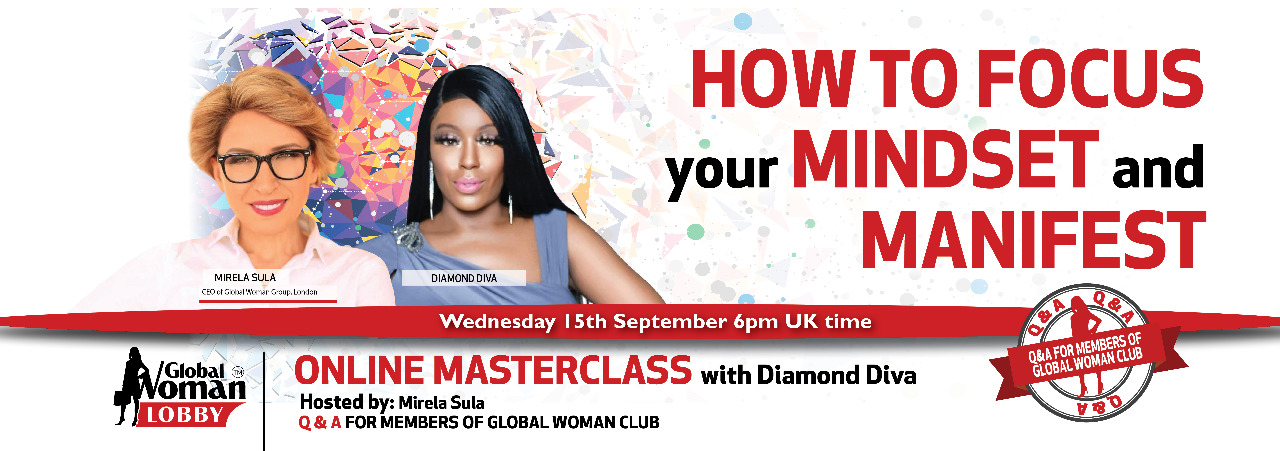Abortion: a personal and passionate plea
ARTICLE: ROXANA PARRA – THERAPIST
MARCH brings in springtime and the trees blossom all around us but it is also the celebration of the International Women’s day that was first celebrated in St Petersburg, Russia 102 years ago. Back then, this day was marked as a call for a campaign against female workers’ lack of economic and political rights and for unity of the working class, led by the self emancipation of women workers.
This is now traditionally every March in London, commemorating the unity of women who want the end of abuse against women, lesbians, transsexuals and girls. It marks the continuation of the fight for the validation of their economic and political rights around the world; there is no doubt that women’s political and economic conditions have changed in the last hundred years. However there is still a lot to be done in order to gain more respect, power and achieve a better life for all women around the world.
As a woman working with women survivors of all kinds of abuse, I am constantly reflecting about the best possible ways we could continue to challenge a patriarchal society that leaves women in a position of inequality, disrespect and violation of their rights in numerous ways. I have figured out that all of us together can maintain the network of resistance against abuse. The more we think and reflect about the influence on us of our society, culture, values and prejudices, the more we can find the way to be congruent with this cause. Every day I talk with women who want to access the Counselling Service in order to find an answer to why they had to survive abuse, hoping to move forward towards a better place within themselves, moving on from the aftermaths of such experiences.
During recent months I have been supporting a campaign close to my heart, not only because it has something to do with women in Chile, my home country, but also because it touches on what I see as a fundamental right of all women in regards to their life and bodies: the right to choose. The “Right to choose = free people” campaign is supporting the legalisation and decriminalisation of abortion for all women in Chile.
The campaign was born in Valdivia, in the south of Chile, in June 2014 and is enriching the debate about abortion in the Chilean society focusing on the right to freely choose in this matter. This campaign has made me think about the women I have spoken to in therapy about maternity, sexual and other kinds of abuse, infertility and the impact of secrecy. Furthermore the criminalisation of abortion constitutes a violation of the reproductive and sexual rights of women and girls: it is a political and a public health issue.
Abortion is not an easy decision or an easy topic to talk about. If we look at it from a legal perspective, under the UK law an abortion can usually only be carried out during the first 24 weeks of pregnancy; there are also a number of rarer situations where the law states that an abortion may be carried out after 24 weeks. This means that in the UK a woman can freely decide to have an abortion and can easily access the NHS to do it safely. There are also several organisations that are providing secure and non-judgemental information, psychological and emotional support to women who are contemplating having an abortion.
In contrast, in Chile it is illegal to have an abortion in any circumstances. In order to have an abortion, a Chilean woman must access clandestine practices that are varied in safety and procedure and not only profit from this practice but also put in danger the physical and mental health of women. The month of March marks the beginning of the parliamentary debate in Chile for the law project, presented by the executive. The proposal, although restrictive because it only contemplates the legalisation of abortion in three specific circumstances, has raised strong opposition from conservative groups.
Maternity is closely linked with our condition of being a woman, culturally and socially in different ways. Women are expected to become mothers at some point in life, which leaves very little space and feeds judgement towards women who decide either not to be mothers, or to have an abortion in order to continue to provide for their already existent children. What is transparent when talking about abortion is that women have a particular reason and a particular circumstance in which abortion makes sense for them. Maternity can’t be forced; a clear example of this is when a woman is pregnant as a result of rape.
In the research ‘Penalisation of abortion as a violation of women’s human rights’(1) the Chilean lawyers Lidia Casas and Lieta Vivaldi interviewed 60 Chilean women who decided to have an abortion clandestinely. They found that the majority of their interviewees experienced fear, manifested in varied ways, during their illegal abortion. They also talked about the fact that secrecy is perpetuating abuse and validates the mistreatment, humiliation and cruelty exercised by the justice system, police and health professionals. Women also are exposed to abusive practice from those who do the abortion.
Unprotected abortion can impact a woman’s mental health as a traumatic experience. These kind of actions are highly secretive not only for the moral and social judgement of a traditional society but also because it is illegal to do it. Chilean women are facing this very difficult decision knowing that it is illicit, with fear of legal prosecution, in isolated and precarious circumstances with no access to the appropriate health care, all of which contributes to a potentially severe impact on their emotional wellbeing.
I believe in the power of an informed and responsible decision and the role that governments and institutions can play in facilitating that. In that way a person experiences less shame with no need for secrecy. In countries where abortion is legal, women have the right to be treated with dignity and respect. There is an understanding that each person’s circumstances are unique and that there is nothing wrong in making an informed decision about your own future and body. Therefore, it is not the decision to have an abortion that may produce an impact on the emotional and physical wellbeing of a woman but the context and conditions in which it is done.
As therapist, I constantly reflect upon my client’s predicaments, my work focuses on finding the way to provide a secure place where women can make decisions, heal and find again a connection with their inner strength. The journey is long, sometimes slow, and has many twists and turns as each are individual stories. There is not a quick fix and there is no way to stop abuse all over until those that exercise the pain and sorrow in women’s lives stop thinking that is ok to do so.
The task at hand seems endless although I hope that one day women will have a stronger voice and a deeper understanding of how abuse works. I certainly hope that women in Chile are not an exception and that finally they gain their right to choose.
(1)Casas, Lidia C. and Vivaldi, Lieta, Abortion in Chile: The Practice Under a Restrictive Regime (November 2014). Reproductive Health Matters, Vol. 22, No. 44, November, 2014 pp. 70-81.
Women’s organisations in Chile need support from all over the world. You can contribute in the following ways:
- Support the campaign, as an individual or/and as an organisation or group, in this link or sending your support by email to [email protected]
- Tell us your story: We want to highlight the importance for women to decide over their own bodies. Accordingly, we will collect different stories telling briefly the experience of having an abortion (it could be anonymous or not). Please send us an email to [email protected]
- Pictures supporting the campaign. We are collecting pictures of women that live in countries where abortion is legal, with signs saying something like “Here (for instance in London) we can legally abort. We want the same for women in Chile”. You can send the pictures to this email [email protected]
- Sharing this information with people you think will support the campaign and also with media and journalist that can inform what is happening in Chile.
- Support the campaign in social networks: In Facebook Campaña Derecho A Decidir = Personas Libres, Por el derecho a decidir también en Chile; in Twitter: @tambienenChile @decidoysoylibre






